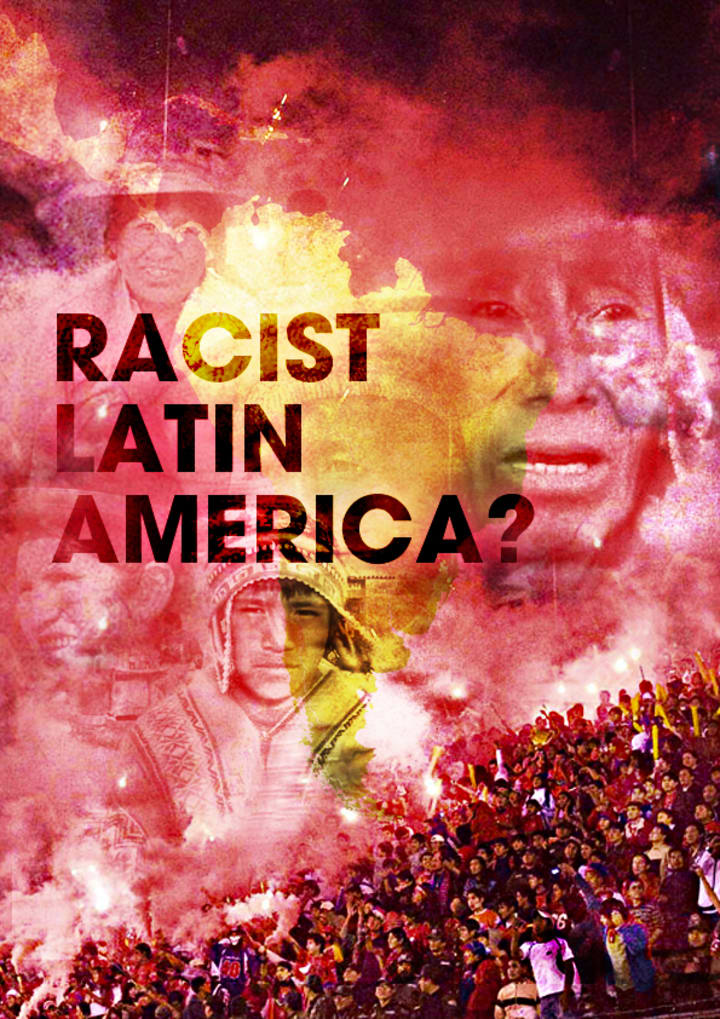A Virus Stronger than Covid-19
Albeit different in severity, Derek Chauvin and Amy Cooper's actions stemmed from the same virus: entitlement.
Last week brought a flurry of disturbing news. Not that it was necessarily different from previous weeks. Perhaps only in that it forced us to swallow pills other than our cherished Vitamin C these days. On Monday, May 25th George Floyd was killed by former Minneapolis police officer Derek Chauvin. That same day, Christian Cooper was threatened by modern day 'Karen', Amy Cooper, simply because he is a black man. Then on Wednesday, May 27th Regis Korchinski-Paquet, a 29-year-old black Canadian woman, fell to her death from her apartment balcony in Toronto’s High Park neighborhood during a visit by the police. The officers’ involvement in the scene remains unclear. Last week we were reminded for the umpteenth time that racism remains long after the abolishment of slavery, and it is sadly still the norm in many households, towns, cities, and countries.
Last week's news weren't different from previous weeks because this story is an old one - so old it speaks poorly of our progress as a society. In times of a pandemic, you would think people would cling to kindness, respect, solidarity, and love. But neither of these were reflected when Chauvin pressed his knee against Floyd's neck for a total of 8 minutes and 46 seconds nor when Amy Cooper used her whiteness to gain advantage and credibility over Christian Cooper by victimizing herself for a simple request to leash her dog at Central Park in Manhattan. Granted, Derek Chauvin's actions were more severe than Amy Cooper's but they come from the same virus: entitlement.
Before going any further, I'd like to make clear the entitlement I'm talking about. There is legal entitlement and there is subjective entitlement - I am concerned with the latter. You are entitled to your rights as a human being - as a man, woman, employee...the list goes on. You are, however, not entitled to privilege or special treatment because of your skin color, sex, gender, socio-economic status or, in the pettiest of cases, the influence of your job title or family name.
We should all be equal under the law – that is the most powerful way of extinguishing this virus. But it doesn’t end there; it is also important to realize the extent to which this virus has spread: racism isn't a North American trademark, it is present everywhere, it just so happens that it changes according to sociocultural context. Take South American countries, for example, where there not only is the traditional form of racism but there is also disregard and violence based on socio-economic grounds as well as towards Indigenous people. I am an Ecuadorian who grew up listening to expressions like 'cholo' (loosely defined word often used as a derogatory term to refer to a mixed-blood person) and 'indio' (Indian) used to mock or minimize someone. I learned these and used them as well, continuing to spread the virus - but I stopped.

When I came to study University in Vancouver, I started learning about the First Nations people of Canada. As part of my academic curriculum as a Geography student I learned about Indian Reserves, the Indian act, and Residential Schools. I was appalled by this newfound knowledge and wondered why I hadn't learned more about the Indigenous people of my own country. Ecuador is a small country in South America with a current population of 17,622, 464 people (World Population Review, 2020). According to the country's 2017-2021 National Development Plan, 8% of the population identifies as Indigenous. Roughly estimated that translates to 1,410,000 people.
Furthermore, the aforementioned plan states the difference between a nationality and a community. The first is defined as the congregation of communities within the state who identify themselves as indigenous, share a common history, language, and culture, and live within a determined territory (typically the Amazon region) abiding by their own institutions and traditional forms of social, economic, judicial, and political organization. The second refers to the original communities whose cultural identities distinguish them from other sectors of the Ecuadorian society. There are 14 nationalities and 18 Indigenous communities in Ecuador.
I wish I hadn't had to move 6,913 km away to start thinking about issues like these. My school, as many others, kept lessons related to local social justice issues to a minimum so I didn't realize how important it is to embrace them at a local level before stepping into international grounds. But my parents always taught me to treat everyone with dignity and respect, so understanding why acts that stem from any form of discrimination are despicable wasn't hard.
I don't use the words 'cholo' or 'indio' to make fun of anybody in my proximity anymore, in the same way that I don't asses the quality of a person by the color of their skin. And I invite anyone who still does to wonder why that is and to put a full stop to this "logic" and behavior, because even the lightest of jokes is a seed planted for rotten crops.
Police brutality is only one among many forms of violence that stem from a wrong sense of entitlement. This sense of entitlement is the origin of thinking that your life is more important than someone else's, the self-justification in making money out of people's misery, in accumulating millions of dollars off of the planet's destruction and the impact it has on vulnerable communities. Entitlement blinds us to the reality that we are all created equal and are therefore worthy of dignity and opportunity.
Yesterday, I read a New Yorker article that put the death of George Floyd in context. Jelani Cobb, its author, says "Death is too intimate a phenomenon to not be distorted by a mass audience. Yesterday, very few of us knew who George Floyd was, what he cared about, how he lived his life. Today, we know him no better save for the grim way in which that life met its end."
Cobb is right, we didn’t know who George Floyd was before this tragedy, and the memory of his name shouldn’t be subdued to it, but let us realize the forces that hide behind his murder. Former police officer Derek Chauvin is a clear example of a carrier of this virus. He treated Floyd as his inferior, disregarding his pleads and enacting his power as an authority violently. He used his badge in a tyrannical way. Derek Chauvin and Amy Cooper believed they were entitled to act this way just as Harvey Weinstein believed he could sexually assault women through his place as a powerful man in the film industry. George Floyd was a victim of violent entitlement, and during the last minutes of his life, he couldn't breathe.

About the Creator
Maria Paula Serrano
This messy mind of mine finds a release in words.
Thanks for reading.
- 22-year-old Ecuadorian living in Vancouver, Canada






Comments
There are no comments for this story
Be the first to respond and start the conversation.